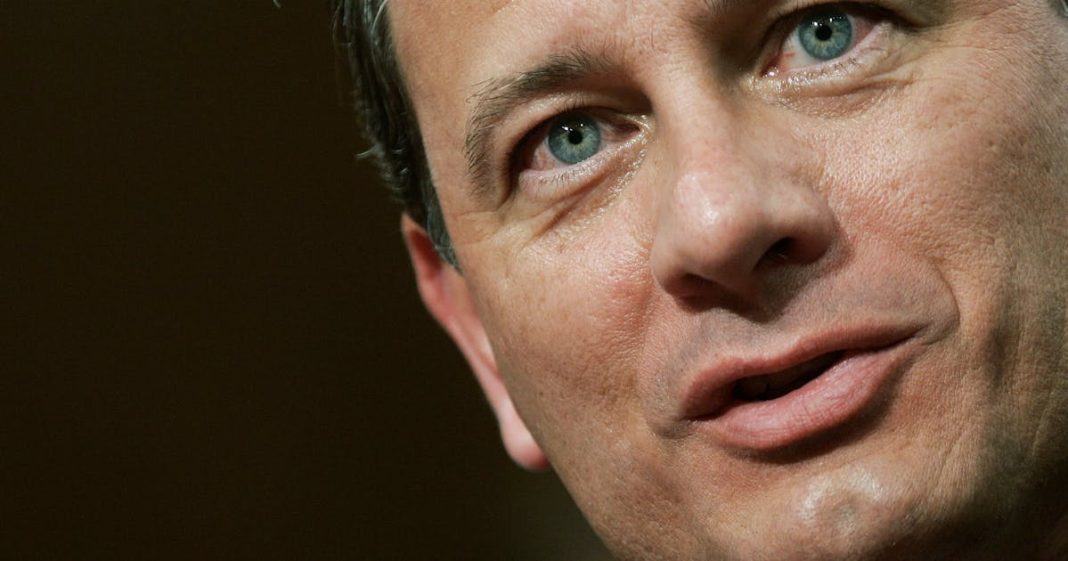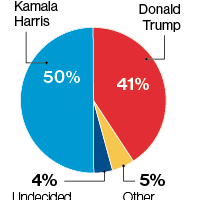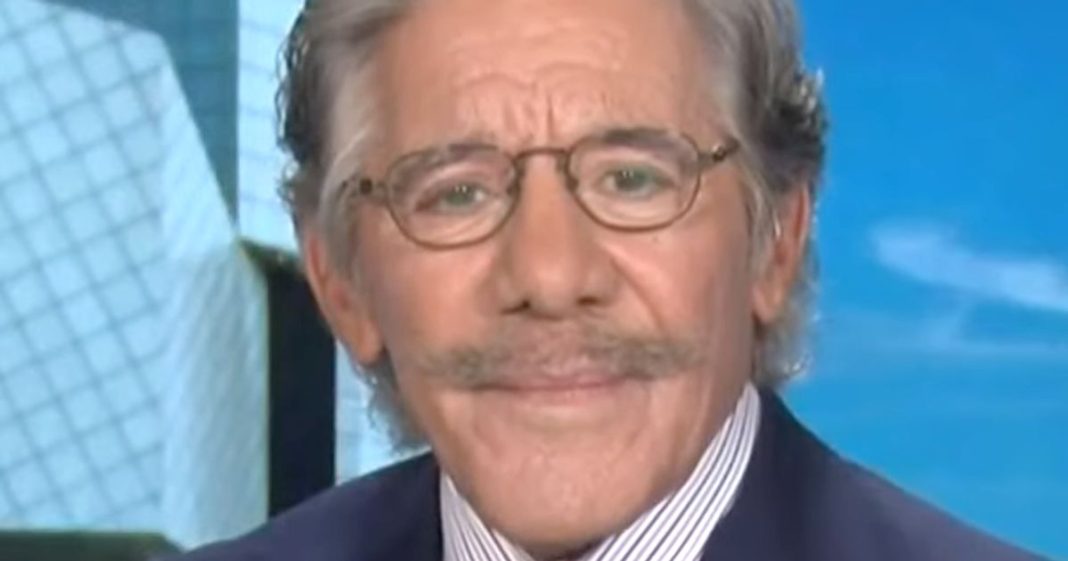I Don’t Trust the Supreme Court With the 2024 Election: A Closer Look
As the 2024 election approaches, a growing sentiment is echoing across the nation: many Americans are expressing deep skepticism about the role of the Supreme Court in safeguarding the electoral process. In a recent article from The New Republic, the author dives into the complexities of this issue, highlighting concerns about the Court’s impartiality and its past decisions that have raised eyebrows among voters. With the stakes higher than ever, it’s crucial to unpack why so many people are feeling uneasy about the highest court in the land.
A Brief History of Distrust
To understand the current climate of distrust, we need to look back at some pivotal moments in recent history. The Supreme Court’s decision in Bush v. Gore in 2000, which effectively decided the presidential election, left many questioning the Court’s role in politics. Fast forward to 2020, and the Court’s handling of election-related cases during the pandemic further fueled skepticism. Critics argue that the justices, appointed by presidents with partisan agendas, may not be the neutral arbiters we hope they would be when it comes to electoral integrity.
The 2024 Election: A Perfect Storm?
With the 2024 election looming, the stakes feel particularly high. The political landscape is more polarized than ever, and many fear that the Supreme Court could play a pivotal role in determining the outcome. The article points out that recent rulings on voting rights and gerrymandering have raised alarms about the Court’s commitment to fair elections. For instance, decisions that have weakened the Voting Rights Act have left many communities vulnerable to disenfranchisement, leading to a growing belief that the Court may not prioritize protecting every citizen’s right to vote.
Public Perception and Polling Data
Polling data reflects this growing unease. Surveys indicate that a significant portion of the American public believes the Supreme Court is influenced by political bias rather than legal principles. This perception is particularly pronounced among younger voters, who are increasingly disillusioned with institutions they feel do not represent their interests. The article emphasizes that this distrust could have serious implications for voter turnout and engagement in the upcoming election.
What Can Be Done?
So, what can be done to restore faith in the Supreme Court? The article suggests several potential reforms, such as increasing transparency in the Court’s decision-making process and implementing term limits for justices to reduce the impact of partisan appointments. Additionally, fostering a more diverse bench could help ensure that a wider range of perspectives is considered in crucial decisions affecting the electoral process.
Conclusion: A Call for Vigilance
As we gear up for the 2024 election, the message is clear: vigilance is essential. While the Supreme Court is meant to be a guardian of democracy, many Americans are questioning whether it can fulfill that role effectively. The upcoming election will not only test the resilience of our democratic institutions but also challenge the Supreme Court to prove that it can rise above partisan politics. As citizens, it’s our responsibility to stay informed, advocate for reforms, and ensure that our voices are heard—because the integrity of our elections depends on it.



